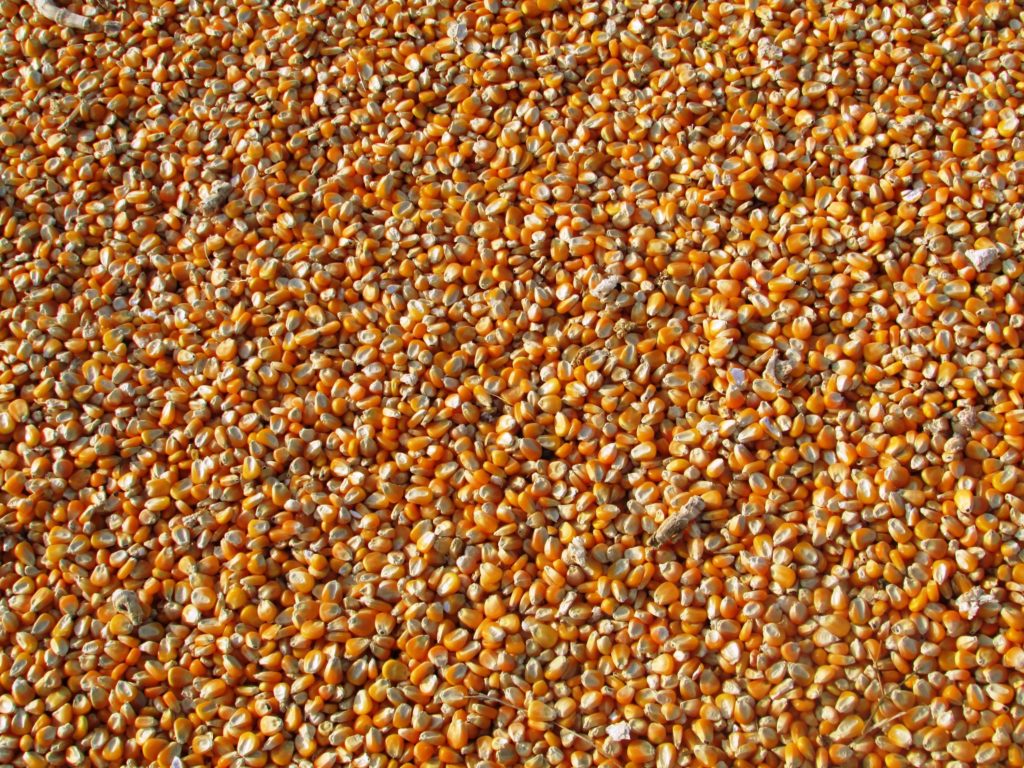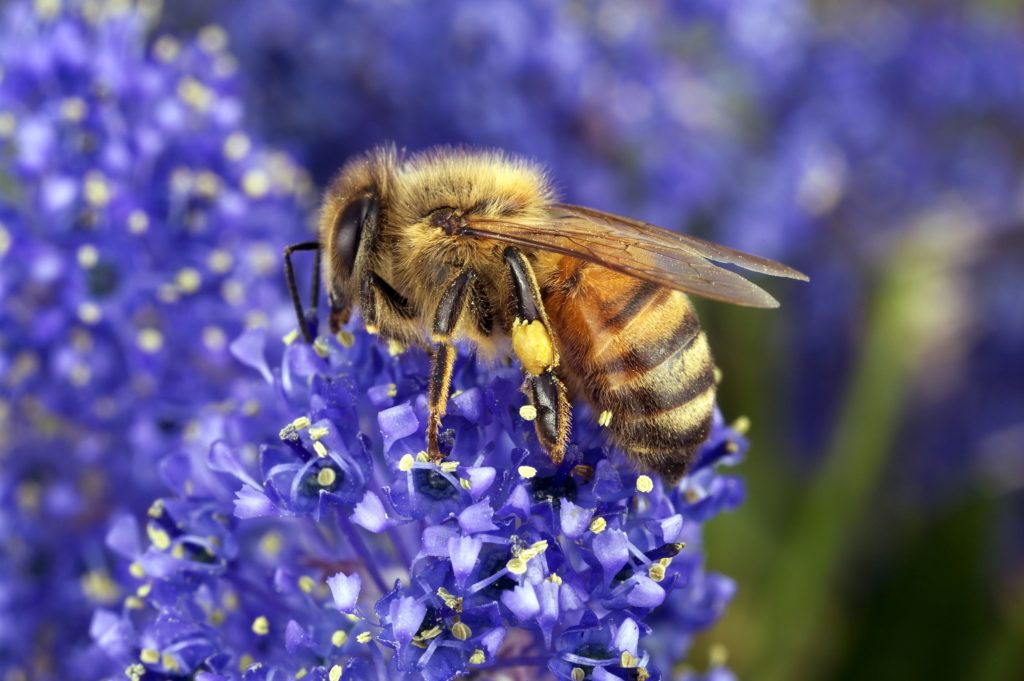How smallholder farmers can combat their reliance on staple crops
The world’s population relies overwhelmingly on four staple crops which together account for more than three-quarters of our food supply: maize, rice, soybean and wheat. Global food shortages will arise when these crops fail in a warmer climate, as is increasingly the case.
International Tea Day 2020: celebrating tea’s importance to our planet
International Tea Day aims to increase public awareness of sustainable production and consumption of tea; its importance in fighting hunger and poverty as well as improve the tea value chain. On this inaugural International Tea Day, CABI is honoured to celebrate the smallholder farmers we work with through countries with the systems and economies that rely on the production and commercialisation of tea to thrive.
Providing for bees in forest regeneration projects
Restoring pollinator populations should be prioritised for long-term effectiveness in forest restoration programmes According to the World Bank, 1.3 million km2 of forest was lost to human activities between 1990 and 2016, and deforestation rates have been increasing. With the threat of massive biodiversity losses and mounting evidence of the importance of forests in combatting climate change, efforts…
Improving smallholder farmers’ livelihoods and food security through insects for feed
By Solomon Agyemang Duah, Communications Specialist at CABI based in Ghana Poultry farming is practised by almost all smallholder farmers in West Africa but feed and in particular protein sources are becoming increasingly expensive thereby, affecting meat and egg production, reducing family incomes and, ultimately, putting food security at risk. Fish farmers are suffering a…
Phytosanitary Risk Management Programme – transforming livelihoods in Pakistan
Meet Rozina Babar, she is one of thousands of smallholder farmers in Pakistan whose livelihoods are threatened by agricultural pests and diseases that can devastate crops and ultimately have a severe impact on food security and profitability. However, thanks to the CABI-led Phytosanitary Risk Management Programme – funded by USAID-USDA and working with partners including…
Invasive Mikania weed threatens people’s livelihoods and endangered iconic species
22 May 2015 is Biodiversity Day. Non-native invasive species like Mikania can detrimentally affect biodiversity – natural habitats and the people and animals that live in them. CABI’s Sean Murphy explains why. Mikania (Mikania micrantha) is a tropical vine which is native to the Americas. Often referred to as the ‘Mile-a-Minute Weed,’…







